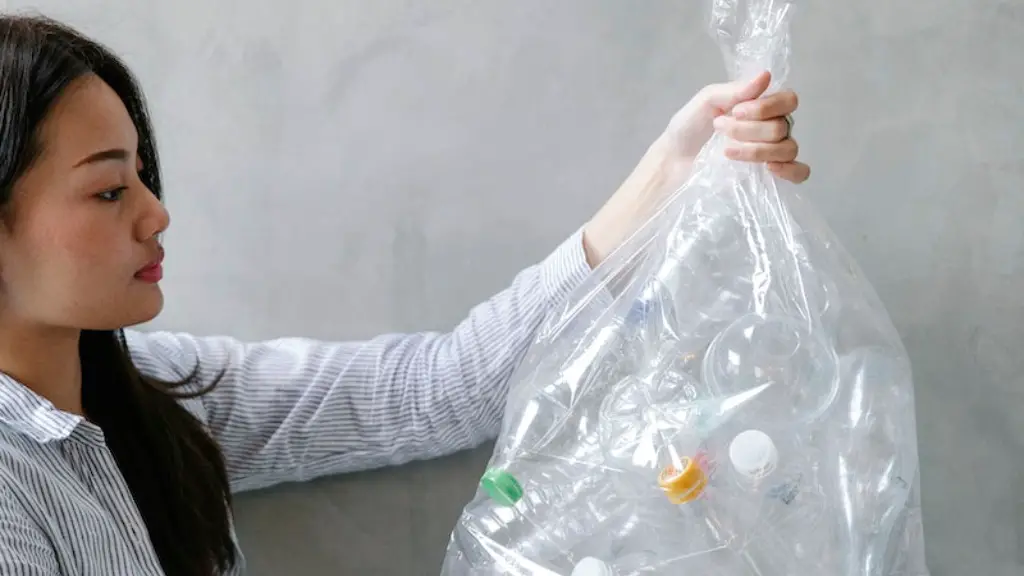The effects of global warming are far reaching and pervasive, and are becoming increasingly evident in our day and age. As the planet warms, melting glaciers, rising sea levels, extreme weather, and other disastrous impacts occur. While many individuals have begun to take responsibility for their own role in reducing the impacts of global warming, efforts are often too little and too late. In order to make a true impact on mitigation and adaptation to the changes caused by global warming, systemic changes and policies must be implemented, from education programs and curbing consumption to incentivizing zero emissions.
One of the most effective ways to slow global warming is to reduce energy consumption. This can be done through increasing efficiency and coordinating energy saving efforts, such as more efficient transportation systems, developing smart meter technologies, and switching to renewable energy sources. Reducing energy consumption helps reduce emissions of carbon dioxide and other greenhouse gasses that contribute to global warming. Many governments, companies, and organizations have already begun to implement strategies to increase efficiency, but more must continue to be done to truly make a difference.
In addition to reducing energy consumption, we must also work to reduce our dependence on fossil fuels. Replacing existing fossil-fuel infrastructure with lower-emitting sources of energy such as solar, wind, and hydropower is not enough. Government policies must be developed to incentivize the switch from fossil fuels to cleaner alternatives and to make them economically competitive. This includes rewarding companies who reduce their emissions and offering incentives for individuals to switch to renewable energy sources.
An often overlooked way to reduce global warming is through education. Educating individuals and communities about the effects of global warming and the role each of us play in mitigating it will help empower us to make informed decisions about our lifestyles and how we consume. Teaching individuals how to conserve energy, reduce their own emissions, and mitigate the effects of global warming, will result in a better-prepared and more informed public.
Finally, while emissions must be reduced, countries must also devise strategies to adapt to the inevitable changes caused by global warming. Steps must be taken to ensure people and ecosystems are protected from the effects of climate change. This includes developing disaster early-warning systems and investing in infrastructure to increase resilience to flooding, drought, and other impacts of global warming.
The effects of global warming will be irreversible if we do not act now. Only through concerted effort, innovation, and an understanding of the role we each have to play, can we begin to mitigate the effects of climate change. We must make an effort to reduce energy consumption, reduce dependence on fossil fuels, and help educate the public. It is only by taking these steps that we can work to slow global warming and start to feel its impacts.

